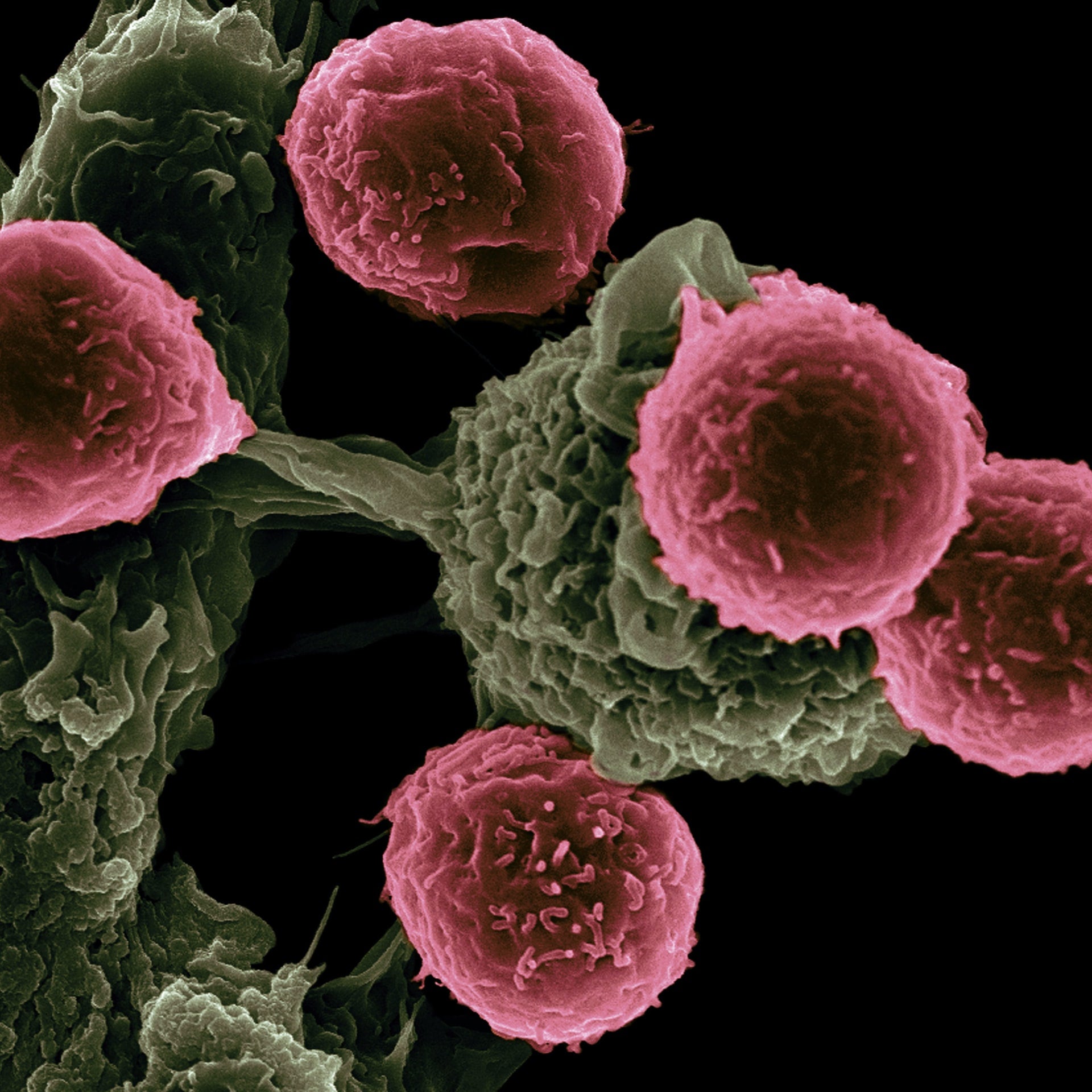
Astellas Pharma and Seagen have reported new data from EV-201 and EV-103 clinical trials of Padcev (enfortumab vedotin-ejfv) which showed durable responses in locally advanced or metastatic urothelial cancer patients who are ineligible for cisplatin chemotherapy.
In the EV-201 trial, the second cohort included subjects who received previous immunotherapy but not platinum-containing chemotherapy. These participants were given Padcev alone.

Discover B2B Marketing That Performs
Combine business intelligence and editorial excellence to reach engaged professionals across 36 leading media platforms.
According to the data, 51% of the subjects who were given Padcev showed a confirmed objective response with a 16-month median follow-up, the trial’s primary endpoint.
A further 22% of subjects had a complete response and the median duration of response was 13.8 months.
Furthermore, the subjects survived a median of 6.7 months without disease progression (progression-free survival) and showed a median overall survival of 16.1 months.
Astellas senior vice-president and oncology therapeutic area head Andrew Krivoshik said: “EV-201 Cohort 2 is the first study to report objective responses in patients with advanced urothelial cancer that progressed following immunotherapy and who have medical conditions that prevent them from receiving cisplatin chemotherapy.”

US Tariffs are shifting - will you react or anticipate?
Don’t let policy changes catch you off guard. Stay proactive with real-time data and expert analysis.
By GlobalDataIn the EV-103 trial, subjects in the dose-escalation cohort and expansion Cohort A received Padcev in combination with Merck’s (MSD) anti-PD-1 therapy Keytruda (pembrolizumab) as a first-line medication.
The longer-term analysis data showed a safety profile that is in line with the previously reported results, with a 24.9-month median follow-up, and no new safety signals were noted.
Seagen chief medical officer Roger Dansey said: “EV-103 is the first clinical trial to combine the antibody-drug conjugate Padcev with Merck’s anti-PD-1 therapy Keytruda in patients newly diagnosed with locally advanced or metastatic urothelial cancer.
“The updated data from EV-103 Cohort A, with two years of follow-up, build upon findings from the initial analysis, showing continued durability for this platinum-free combination.”
In February this year, Astellas reported positive top-line results from the Phase III pivotal SKYLIGHT 1 and SKYLIGHT 2 trials of an oral non-hormonal compound, fezolinetant, for treating moderate to severe vasomotor symptoms.





